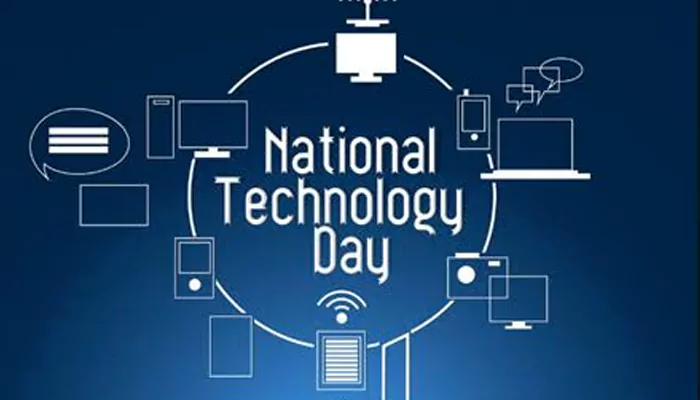Tesla & Tata Electronics Sign Deal For Semiconductor Chips Supply: Future Trends in Semiconductor Technology
- Admin
- 1 year ago
- 3 minutes read
Will India be able to tap the booming semiconductor sector with Tata Electronics and Tesla chip supply deal?
As per recent reports, Elon Musk-owned Tesla has shown interest in getting a local partner to develop its presence in India. This deal comes amidst Elon Musk’s scheduled visit to India this month. As part of strategic partnership, Tata Electronics will be supporting Tesla in its semiconductor chip global operations. According to the report: “Executed discreetly a few months ago, this agreement is noteworthy as it positions Tata Electronics as a dependable supplier for prominent global clients aiming to establish a crucial segment of their semiconductor value chain in India.”
In this article, we will discuss about future trends in semiconductor chip technology.
Advanced Materials in Semiconductor:
Major drivers of innovation in semiconductor technology is utilization of advanced materials. Since earlier days, silicon has been used in semiconductor. However, gallium nitride (GaN) and silicon carbide (SiC) are potential game changers. These materials have shown better electrical efficiency as well as heat resistance. These characteristics make them ideal for high-energy applications including electric vehicles along with other renewable energy systems.
![]()
3D chip Design:
Traditional 2D flat structure is expected to be designed into 3D chip. Scientists are working hard to develop this model to stack the components vertically. Compared to space-consuming 2D structure, 3D architecture will be much more beneficial. Already, NAND flash has released memory chips with 3D stacking technique. When fully manufactured, this will create a new era of powerful and compact semiconductors.
Advanced Lithography Techniques:
The gradual advancements of lithography techniques is expected to play a huge role in semiconductor technology. Techniques like Extreme Ultraviolet (EUV) lithography is predicted to support miniaturization of semiconductors while improving performance.
Quantum Computing:
Quantum computing (QC) is anticipated to bring revolution in semiconductor innovation. Although being in nascent stage, QC showed promising results by solving complex problems in better speed with accuracy. Quantum chips are able to conduct numerous calculations simultaneously, which conventional binary-based cannot do. This is expected to revolutionize fields like drug discovery, cryptography, as well as complex system modelling.

AI and ML Integration:
It is not a new thing that artificial intelligence is our future. They are going to change the field of data analysis with advanced design. Nowadays, chip making companies are taking help of artificial intelligence to optimize chip design and performance. This is giving birth to personalized application (smartphone, electric vehicles) of semiconductors.
Sustainability:
Whatever new innovations happen in this world, scientists have to think about environment first. Now, there is a trend in green manufacturing process to recycle rare materials to reduce carbon footprints. These are cost-effective and efficient techniques that provide a win-win situation for manufacturers.
The semiconductor industry is currently standing in a crucial point. In the era of IoT and 5G technology, semiconductor industry is expected to shape the future with improved computing power.

As per previous reports, Elon Musk is expected to visit India and discuss with Prime Minister Narendra Modi this month. It is anticipated that the owner of world's most valuable automotive company will unveil potential investments in India.
Further details about the deal between Tesla and Tata Electronics remain undisclosed. India, with abundant workforce is expected to tap booming semiconductor market.












